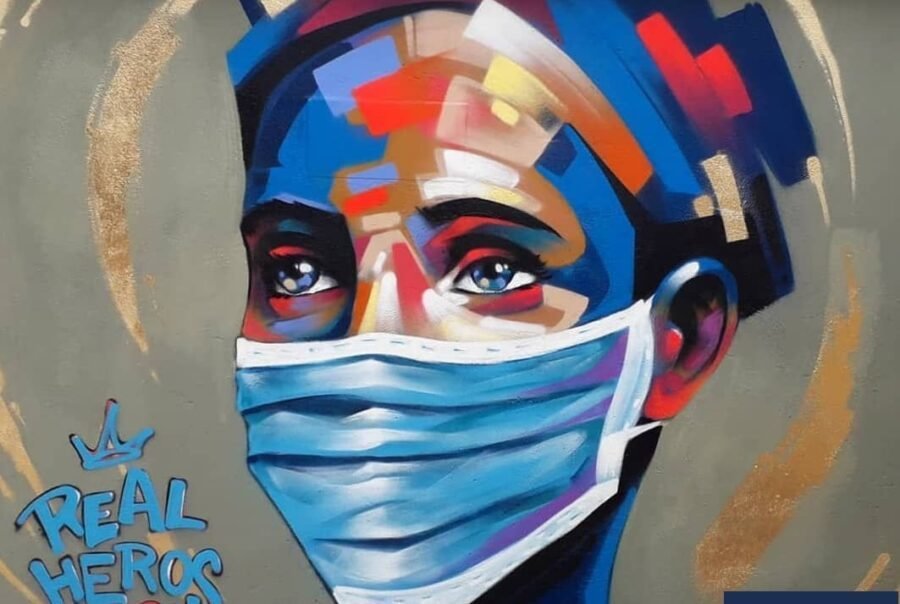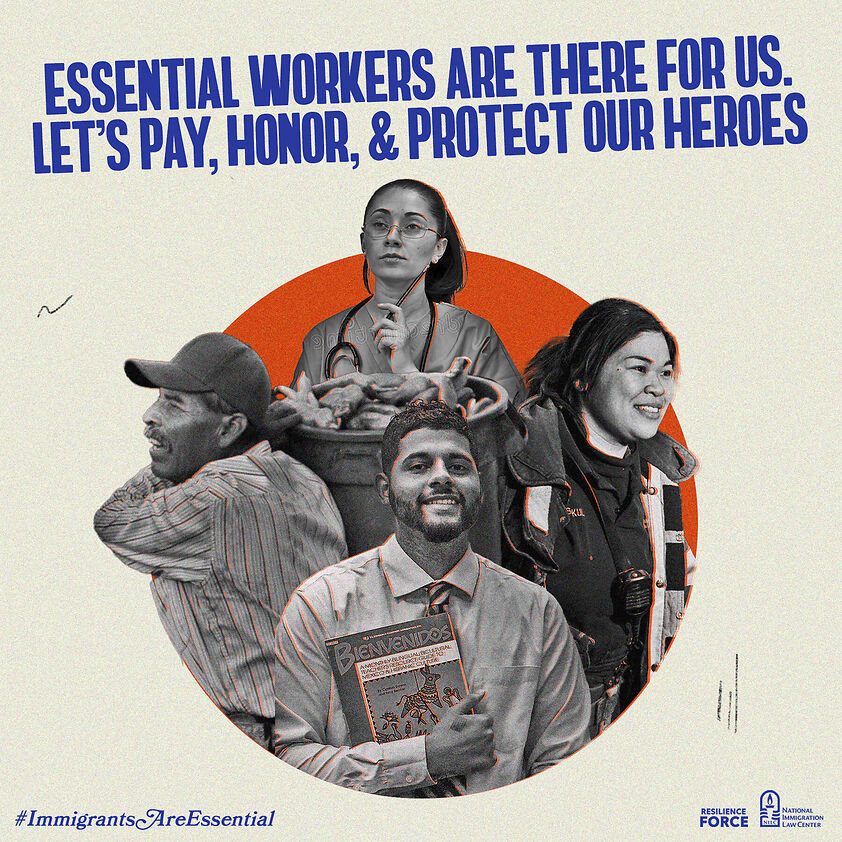SDHES 2022: SaludConTech Digital Health Equity Symposium
Introducing
Slide 1
Slide 2
Automatically animate matching elements across slides.
The disproportionate toll of the COVID-19 pandemic on Latino/a, Black, and lower-income communities highlighted long-standing healthcare disparities. Addressing these disparities requires fundamental changes to health care delivery; we will never become an equitable society without changing the underlying system.
Slide 1
Slide 2
- Enable auto-animate
- Duplicate the slide
- Make changes
The pandemic's disruptions create a moment to rethink health care fundamentally. Rather than simply replicating in-person care virtually, how can care be transformed to deliver dramatically better patient outcomes?

a poco
Poquito
- Enable auto-animate
- Duplicate the slide
- Make changes
Devices alone won't solve healthcare disparities, although digital health can improve health equity by enabling disadvantaged groups with low digital literacy levels to obtain equal entitlement. Technology can improve health care results by creating better solutions for people who face challenges in achieving a better overall quality of life. Doing so requires understanding the needs and goals of people who are not well-served by today's care.
Quantification is central to the narration of the COVID-19 pandemic. Numbers determine the existence of the problem and affect our ability to care and contribute to relief efforts. Nevertheless, many communities at the margins are virtually absent from this number-based story of the pandemic. To this end, we hope to address two significant gaps in population health. The first gap concerns the data poverty in low-income neighborhoods jeopardizing their ability to respond to the pandemic adequately. The second affects vulnerable populations whereby data poverty constitutes a dangerous form of invisibility, perpetuating various forms of inequality.
a poco
Poquito
According to a recent report, nearly 22 million American seniors do not have broadband access at home, representing 42 percent of the nation's over-65 population. As a result, many elderly Latino/as are struggling to register for their COVID-19 vaccinations. For isolated seniors lacking the ability or the skills to access the internet, the COVID-19 isolation is not merely an inconvenience but a potentially life-threatening situation.

a poco
Poquito
A grandmother living in isolation may no longer have access to supportive social services networks providing meals, transportation, and companionship due to COVID-19 disruptions. Medical appointments can be canceled, and their groceries and life-sustaining medications may run out. This isolation manifests fear and depression, leading to non-compliance with medication regimens and eating regular meals. Yet, this is not a problem faced only by the elderly.
While lack of connectivity is a significant hurdle to getting seniors vaccinated, it is not only access to the internet which is lacking. Research shows us that three interconnected forms of inequity affect digital health: socioeconomic status, digital literacy levels, and disparities in technology access. However, those that are digitally excluded are almost always the very same people who are already disadvantaged. Digital literacy, skills, and empowerment are no longer a “nice to have”, but a “need to have". It is time we start thinking about lack of internet access not as a troubling issue worth tackling incrementally but as a civil rights violation in need of a comprehensive solution.
a poco
Poquito
However, those that are digitally excluded are almost always the very same people who are already disadvantaged. Digital literacy, skills, and empowerment are no longer a “nice to have”, but a “need to have". It is time we start thinking about lack of internet access not as a troubling issue worth tackling incrementally but as a civil rights violation in need of a comprehensive solution.

a poco
Poquito
- Enable auto-animate
- Duplicate the slide
- Make changes
In 2018, hundreds of you joined us at Google HQ In Venice for The SaludConTech Digital Health Equity Symposium. Beyond the many inspirational talks, we were amazed by the connections made and friendships built. Each time we bring our family together, whether in-person or online, we are amazed by the passion, expertise, and creativity of those among us.
Much has changed since our last symposium, but too many things have stayed the same. The disproportionate toll of the COVID-19 pandemic on Latino/a, Black, and lower-income communities highlighted long-standing healthcare disparities. Addressing these disparities requires fundamental changes to health care delivery; we will never become an equitable society without changing the underlying system.
a poco
Poquito
Join Us!
Copy of Auto-Animate
By DJTL
Copy of Auto-Animate
Introducing Auto-Animate: an all new way to create stunning animations in Slides! Learn all about it and view some examples in this deck. (Currently in public beta—let us know if you have any feedback.)
- 69


